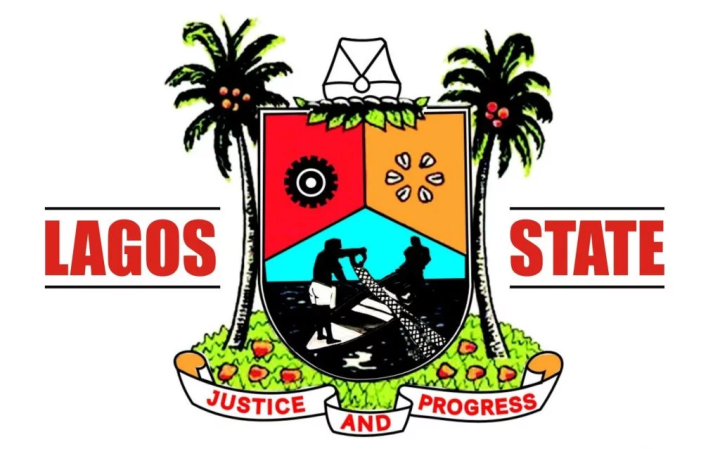A recent report has revealed that 29 Nigerian states collectively spent over N2 trillion on travel, entertainment, and other miscellaneous expenditures within the last year. This revelation has raised concerns among fiscal analysts and citizens about the prioritization of public funds amid ongoing economic challenges in the country.
Breakdown of the Spending
The report, compiled from the audited financial statements of the states, highlighted the following areas of expenditure:
- Local and International Travels: Significant portions of the budget were allocated to transportation and accommodation for official trips.
- Entertainment and Hospitality: Lavish spending on receptions, events, and protocol-related activities formed a notable part of the expenses.
- Miscellaneous Costs: A broad category covering non-essential expenditures, often without detailed accountability.
States with the Highest Expenditures
While the report did not name all states, it noted that wealthier states and those with larger government structures accounted for the bulk of the spending. Analysts have pointed out that poorer states with pressing developmental needs also recorded surprisingly high expenditures in these categories.

Public Outrage and Accountability Concerns
The findings have sparked widespread criticism, with citizens and civil society organizations calling for greater accountability and transparency in state budgets.
“It is disheartening to see such figures when many states struggle to pay salaries and fund critical sectors like health and education,” said Taiwo Adegbite, a public finance analyst.
Expert Analysis
Fiscal experts argue that such expenditures, while not entirely avoidable, often reflect inefficiencies in governance and a lack of prioritization.
- Dr. Ada Nnaji, a policy expert, stated: “The challenge is the absence of clear guidelines and oversight mechanisms to regulate non-developmental spending.”
- Adekunle Onifade, an economist, suggested: “States must adopt performance-based budgeting, ensuring every naira spent yields tangible benefits for citizens.”
Recommendations for Reform
To curb wasteful expenditures, analysts recommend:
- Budgetary Reforms: Introducing caps on non-essential spending and linking budget allocations to performance metrics.
- Transparency Initiatives: Mandating detailed public disclosures of state expenditure reports.
- Strengthening Oversight: Empowering legislative and anti-corruption bodies to scrutinize and audit government spending.
- Emphasis on Development: Redirecting funds to critical sectors like education, healthcare, and infrastructure.
Federal Government’s Role
The Federal Government is urged to play a supervisory role in ensuring prudent financial management at the state level. By enforcing fiscal responsibility laws and promoting inter-state benchmarking, it can help reduce wasteful spending across the country.
Conclusion
As Nigeria grapples with economic challenges, the revelation of N2 trillion spent on travel and other discretionary expenses underscores the need for urgent fiscal reforms. Citizens and stakeholders alike are calling for a shift in priorities to ensure public funds are used to address pressing developmental needs rather than indulgent expenditures.
Support InfoStride News' Credible Journalism: Only credible journalism can guarantee a fair, accountable and transparent society, including democracy and government. It involves a lot of efforts and money. We need your support. Click here to Donate
